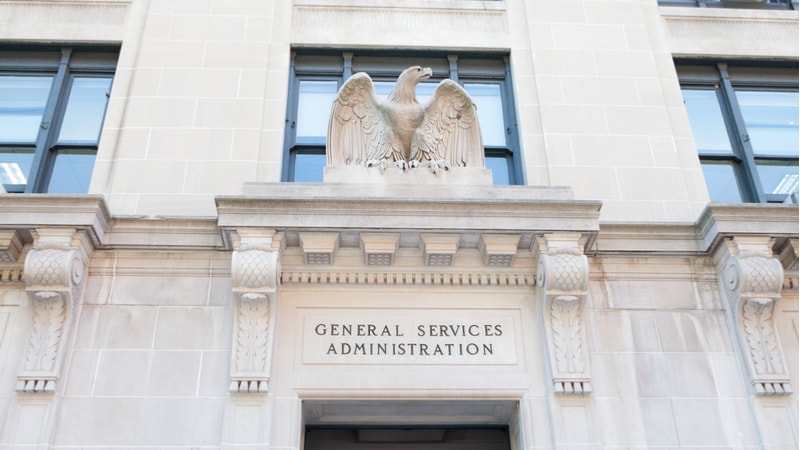
The General Services Administration (GSA) announced the Presidential Innovation Fellows (PIF) cohort for 2023 this week, which includes a group of 20 private-sector technology and innovation leaders.
The fellows will begin a year of civic service experience at 13 Federal agencies on April 17, helping optimize how the government works by modernizing citizen engagement efforts and enhancing the delivery of services to the public, according to GSA’s press release.
“We’re thrilled to welcome these technologists and innovators into government service. More than ever, federal agencies are looking to improve the digital experience of their customers, better leverage data, and enhance cybersecurity,” said GSA Administrator Robin Carnahan.
Now in its 11th year, the PIF program continues to attract a wide range of unique talent that benefits the people the Federal government serves.
This year’s cohort joined GSA from industries including information technology, public services, digital strategy, and financial technology, and fields including technology, healthcare organizations, financial services, and more.
The fellows are hired as mid-to-senior career technologists, designers, entrepreneurs, and strategists, and they serve as senior advisors with direct access to decision-making agency leaders.
“Their subject-matter expertise is paired with the institutional knowledge of agency civil servants with the goal of co-creating lasting, human-centered design solutions that have large-scale impact in helping people seeking government services,” GSA said.
PIFs contribute to both new and existing projects during their service.
According to GSA, the 20 fellows were assigned to 13 different agencies, and will work on projects this year that consist of advancing AI research, supporting technologies for the military, improving customer experience, and using user experience methodologies to improve healthcare.
The new fellows and their agencies are:
- Yll Agimi, Ph.D., Department of Defense (DoD);
- Daniel Alvarez, U.S. Geological Survey;
- Dr. Rajni Aneja, Veterans Affairs (VA);
- Jacob Barss-Bailey, Minority Business Development Agency;
- Annie Callahan, Office of Management and Budget;
- Nischal Chaudhary, National Aeronautics & Space Administration;
- Carmem Domingues, VA;
- Nadia Fawaz, Centers for Disease Control & Prevention (CDC);
- Eboni J.D. Freeman, GSA;
- Amanda Hawkins, DoD;
- Katherine Hillenbrand, Department of Agriculture;
- Ben Kane, National Geospatial-Intelligence Agency;
- Patriek Karayil, Advanced Research Projects Agency for Health (ARPA-H);
- Yasmin Lalani, VA;
- Nina Maturu, ARPA-H;
- Béatrice Mercier, Executive Office of the President;
- Michael Mogensen, Millennium Challenge Corporation;
- Dr. Rupam Jyoti Sarmah, ARPA-H;
- Sailaja Savanam, CDC; and
- Emily White, GSA.
The PIF program – part of GSA’s Technology Transformation Services – is a highly competitive fellowship that has paired talented, diverse technologists and innovators with top civil servants and change-makers working at the highest levels of the Federal government to be innovation catalysts for over a decade, GSA’s press release says.
Since the program launched in 2012, PIF has recruited more than 250 fellows who have worked at more than 50 agencies to advance government innovation and deliver stronger public services. The program was founded by the White House Office of Science and Technology in 2012, but GSA has housed it since 2013.
“The PIF program is grounded in collaboration and we’re excited to see how these innovators put their skills to work for the public good and help agencies deliver services for the American people in their moments of need,” Carnahan said.
